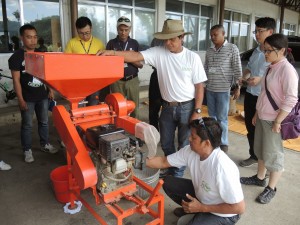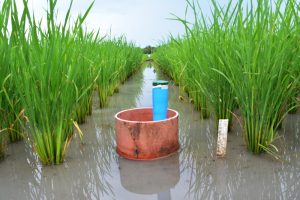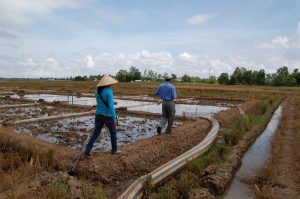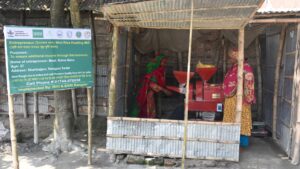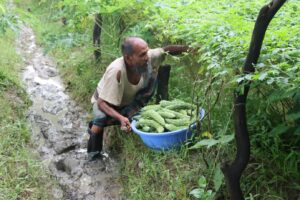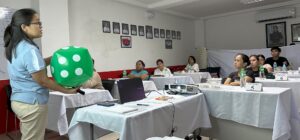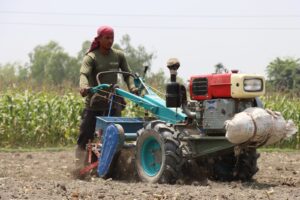Six Asians were named in the list of people under 35 who are driving the food and drink sector compiled by The World’s 50 Best.
The list has seven categories including game-changing food producers, tech disruptors, empowering educators, entrepreneurial creatives, science innovators, hospitality pioneers, and trailblazing activists.
They are among the 700 candidates who were selected with the 50 Best’s Academic Partner Basque Culinary Centre.
Read the full story at My Asia Tatler
More agents of change in the agriculture sector:
Sowing the seeds of innovation
In 2017, the IRRI Seed Grant Scheme awarded USD 15,000 each to six research teams led by young scientists. The aim was to foster innovative and collaborative research and provide young scientists with experience in securing and managing independent research funding. We report on the outcomes, challenges, and lessons learned from the first year of the scheme.
Winning science: Meet the awardees of the first IRRI Seed Grant Scheme
IRRI delivers through research excellence. The IRRI Seed Grant Scheme was launched in early 2017 to foster innovative collaborative research among young scientists. Following a competitive peer-review process, six research teams were awarded USD 15,000 each to undertake cross-disciplinary and innovative research over the next 9 months. Meet the principal scientists and the stories behind their winning proposals.
Innovators in rice science
The Outstanding IRRI Alumni Awards, presented every four years in conjunction with the International Rice Congress acknowledge the international contributions of these alumni who have conducted their research at IRRI as part of their graduate and post-graduate degree programs. The awardees were selected because of their contributions in one of five categories: rice research management, management of the rice crop and its environment, rice technology delivery and extension, social science and rice policy, and rice crop improvement. At the same time, their contributions have advanced IRRI’s mission to reduce poverty and hunger, improve the health and welfare of rice farmers and consumers, and ensure the sustainability of rice production.

